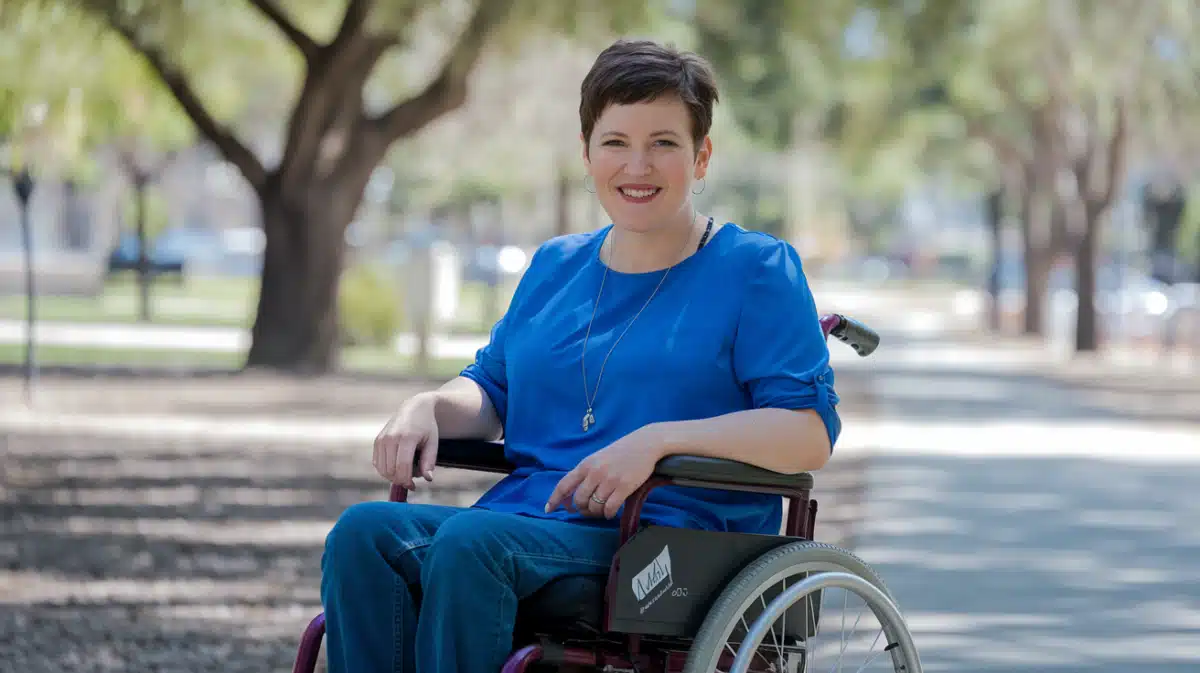Personal Independence Payment (PIP) claims are being denied at an alarming rate across the UK, with nearly 300,000 applications rejected last year, according to government data.
Birmingham emerges as the city with the highest rejection rate, while figures reveal a stark regional disparity, with claimants in Wales three times more likely to be successful than those in London or the North West.
The statistics highlight what campaigners describe as a “postcode lottery” for disability benefits. The Department for Work and Pensions (DWP) is now preparing major reforms aimed at modernising the system, with changes expected to be announced in the upcoming Health and Disability Green Paper. However, disability advocates argue that the current process is leaving many struggling financially.
Birmingham sees highest rejection rates as regional disparities emerge
According to the latest figures, Birmingham recorded the highest number of rejected PIP claims last year, with 8,240 applications either refused or stopped. This was followed by Manchester (4,212) and Leeds (4,196), indicating that large urban areas are facing particular difficulties in securing support.
On a regional scale, London saw the highest number of new PIP claims rejected (44,155), followed closely by the North West (42,734) and the South East (34,408). Meanwhile, Wales experienced significantly fewer rejections, with 16,285 denied claims, reinforcing the idea that outcomes vary considerably depending on location.
Reassessments of existing PIP claims have also shown disparities. The South East recorded the highest number of rejected reassessments (3,219), while Wales had the lowest (199). Campaigners argue that this uneven distribution raises concerns about fairness and consistency in how claims are assessed.
Calls for reform amid concerns over financial hardship
The rejection of nearly 300,000 PIP claims has raised concerns among disability rights advocates, who argue that the process is failing those who need support the most. Amelia Peckham, co-founder of Cool Crutches & Walking Sticks, has been vocal in criticising the system.
Speaking about her own experience, she recalled being told by the DWP in 2018 that she was “not disabled enough” to qualify for benefits, despite being partially paralysed from the waist down following a quad bike accident.
According to Peckham, the government’s approach is placing many disabled individuals in financial distress. “One in three disabled people in Britain are struggling financially,” she said, emphasising that tightening access to PIP is not helping people return to work but rather pushing them deeper into hardship.
The DWP has defended its handling of PIP claims, stating that upcoming reforms will improve the process. Plans include transitioning applications to a digital system, allowing claimants to submit forms and medical evidence online, which officials say will speed up decisions.
However, disability campaigners remain sceptical, warning that without fundamental changes to assessment criteria, thousands may continue to be unfairly denied support.









